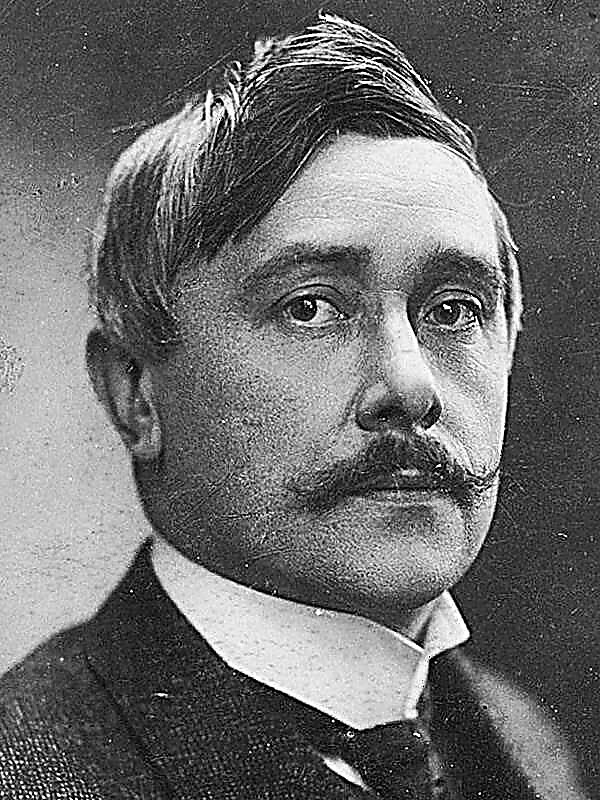(331 words) A. Chekhov masterfully described the pain and suffering of people. His characters never dramatize, they experience in full force, so that the reader believes every emotion. A vivid example is the story "Tosca", where the son of the main character of the work died. You might think that the cause of Jonah’s sadness is grief over the death of a child and, as a result, the loss of the meaning of life. The death of a loved one is a strong blow, after which it is difficult to recover and continue to lead the same way of life, to be just as happy. But the pain of the cab driver Ion Potapov is not so much in this, but in the fact that he has no one to talk about.
After the death of his son, besides the horse, Jonah had no one left. From the feeling of his own uselessness, the hero does not even shake off the snow, as if he does not consider taking care of himself to be something necessary. Not surprisingly, the true reason for his longing was that he had no one to share his pain and sadness with. He felt lonely, and therefore happily took passengers even at half price. But, unfortunately, the filled wagon created only the appearance of society, the illusion of a lively life. None of the companions showed a feeling of compassion, did not say a kind word, did not pay attention to the tragedy that occurred in human life. Jonah himself did not see the reason for his longing. He considered the reason for his sadness that he was unable to earn money even for oats. A happy man, he called the one who is well fed, whose horse is full. He did not think about the true reason for his sadness, he saw it in pressing problems. Nevertheless, after each failed conversation, the longing in Jonah’s chest grows, expands, the author even wonders how she fits in this small, unpretentious person.
From hopelessness, the hero went to the stable to his mare. Alone, he could not think of his son because of the power of unrequited anguish. He had no one else to share with, no one to pour out his soul, and the horse was the only living creature ready to listen to him. The true sadness of this story lies in the loneliness to which a person living in a big city was doomed. Such a subtle understanding of the phenomenon of longing makes Chekhov's work unique, piercing and inimitable.

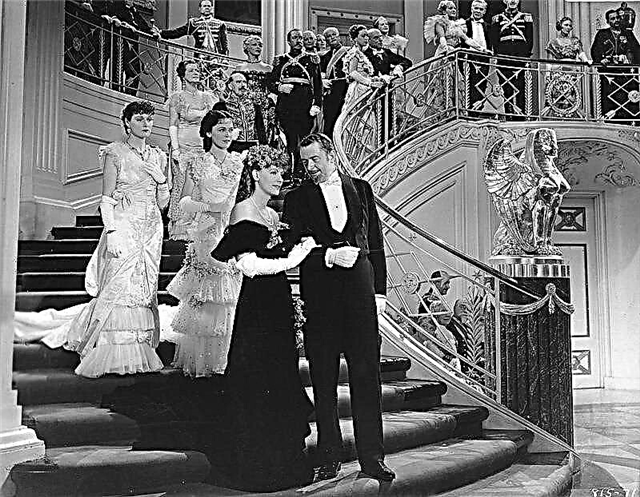
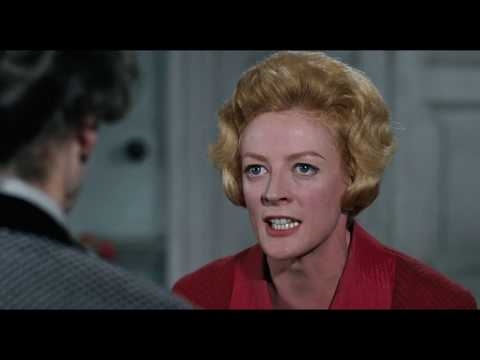
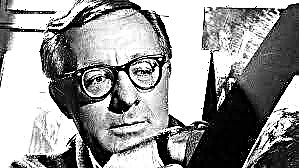



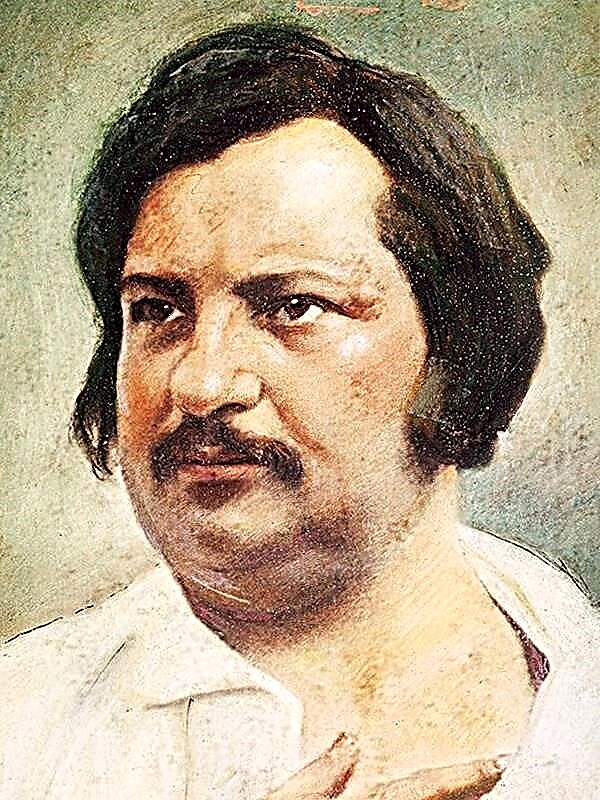 Shuans
Shuans


